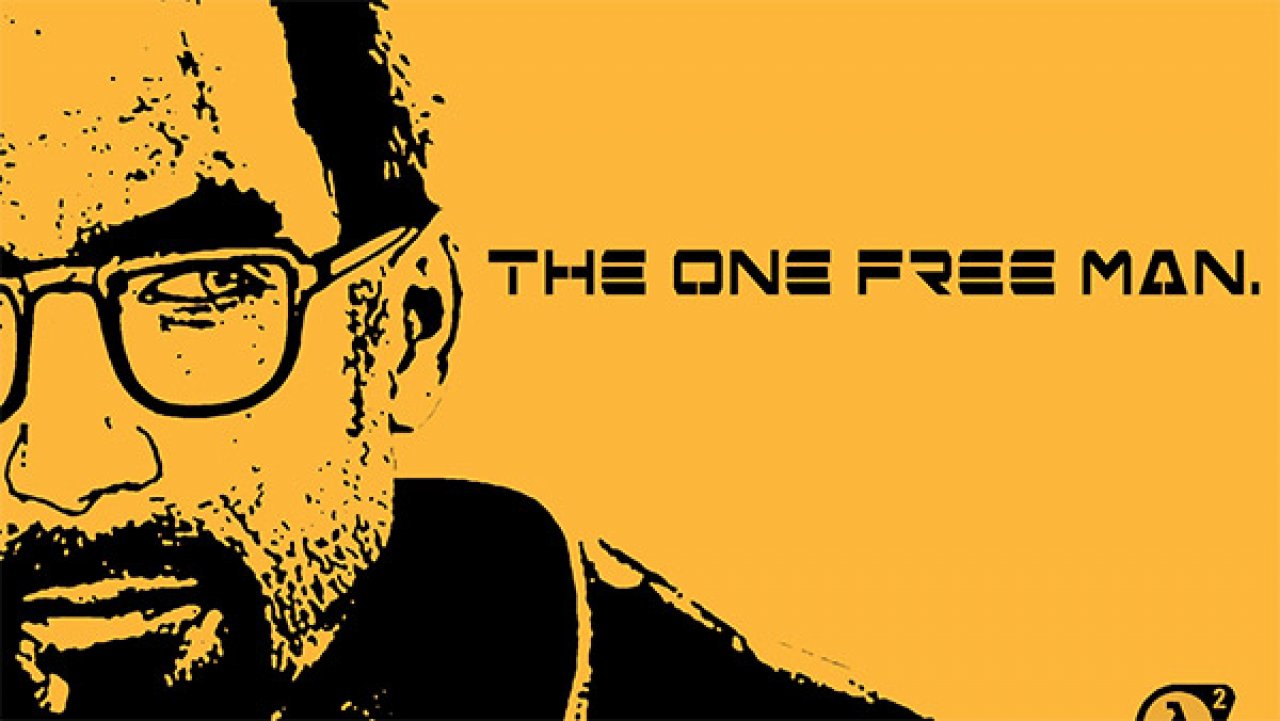When PC gamers are asked what the 'classic' games on the platform are, there may be some mixed results, but standouts will occur.
If you ask 100 people what their 5 classics are, it can be safely assumed that games like Half-Life, DOOM, and a few others will be in more than half. These games are the ones that innovated, connected with the audience, and are still relevant in some capacity to this day.
Which means that new gamers are run through the mud if their opinion differs from 'the consensus.'
I quite enjoy Half-Life 1, but I totally understand when people criticize its clunky controls, annoying platforming sections, and lack of story. Of course, I love the control system, don't mind the platforming, and dig the hidden nature of the story, that you have to actively seek out in order to experience it totally. What some people fail to realize is that the end result of a game being considered a 'classic' is not that the game is perfect. In fact, the 'classics' are more often than not deeply flawed due to the restrictions of the time. Whatever you want to say about 'giving the developers credit' for their appropriate technology used to build the game, flaws are flaws. There is no game that is above criticism, critique, and/or non-enjoyment.
You don't have to like all of the classics to call yourself a PC gamer. You don't have to like any of the classics to call yourself a PC gamer. All you need to do is play PC games.
Of course some people are actively against this mentality. They decry letting in those who 'aren't really gamers' because they game part-time, they only play a certain type of game, or they actively avoid playing a different type of game. This mentality is harmful to gaming as a medium, and PC gaming especially.
Anyone involved in the gaming sphere knows that PC gaming isn't really 'dead', never has been, and (probably) never really will be. Even with the glut of, as Gwendolyn L. Spelvin of this site puts it, 'Common Core' developers, who flip assets and recycle mechanics to make utter tripe, the indie market for PC games is bigger and better than ever. Even with some big-name failures in the AAA PC market, many of the titles are still pleasant to fantastic. So with the PC market growing and improving, why are so many people intent on keeping new folks out?
It all comes down to fear. People are afraid that letting in someone who won't be a Gold Star PC Gamer will dilute the market and reduce the pride of being a PC gamer. What they fail to realize is that the market is already diluted, and getting more voices to say "this is good for us" and "this is bad for us" will make the process of Quality Assurance smoother. Plus, there are few better feelings than showing a friend, colleague, or loved one a PC game, and hearing them say "That's cool! Can I play?"

